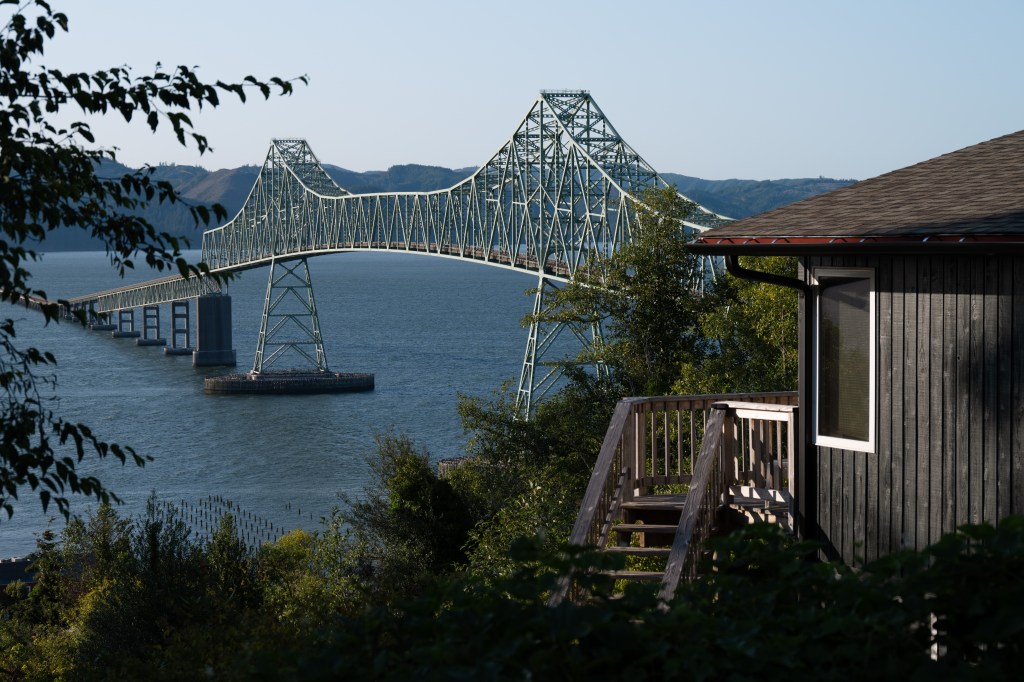Astoria weighs licenses for vacation rentals
Published 9:45 am Wednesday, July 24, 2024

- In Astoria, where housing options are limited, the City Council is discussing whether to license and cap vacation rentals.
The Astoria City Council will move toward establishing licenses for vacation rentals, but was divided on whether to impose a cap.
In a work session Monday night, city staff gave a presentation on the landscape of vacation rentals in Astoria and potential policy options.
Astoria has taken steps to preserve housing stock for people who live and work in the city. In 2019, the City Council passed a homestay lodging ordinance, restricting homes used as long-term rentals from being turned into vacation rentals. Earlier this month, the council restricted vacation rentals from operating in downtown commercial storefronts.
City Councilor Elisabeth Adams has advocated for a cap on vacation rentals, a step taken by other communities worried about the impact to long-term housing.
According to Matt Brandmeyer, the city’s community development director, about 1.2% of the city’s housing stock consists of vacation rentals and homestay lodging — a much smaller percentage than in other tourist destinations along the coast. According to a city staff study, that number is 3.4% in Newport, 4.6% in Gearhart and 10.4% in Cannon Beach.
City councilors raised concerns that the percentage could increase with the construction of a housing project near Safeway — Astoria Waterfront, formerly known as NorthPost Apartments — and considered imposing a cap on vacation rentals given that prospect. The developer is authorized to use more than half of the project — 36 out of 66 units — for vacation rentals.
“Looking at our significant need for long-term housing beyond 30 days, and now we have a whole other slew headed into vacation rental territory, I’m disappointed that we couldn’t have this discussion sooner,” Adams said.
However, the developer, Gabe Johansen, told The Astorian on Tuesday that none of the units will be vacation rentals. He gave similar assurances to the newspaper in January after investors took over the long-stalled project from Walt Postlewait.
“(Vacation rentals are) not necessarily our business model,” Johansen said. “That was kind of the former developer’s model. And just from our standpoint, we know how to manage long-term rental properties. And that’s our wheelhouse. It’s what we do. And I know that’s what the market really wants and what the city really wants, so I think we’re all going to be happy with it being market-rate units.”
City Councilor Andy Davis emphasized the need for long-term housing, but questioned whether vacation rentals are truly subtracting from the city’s housing stock enough to warrant a cap.
“My driving factor is whether or not we have enough affordable housing, or attainable housing … I want to make sure people can get into housing if they want it,” he said. “And if prices accelerate because of the impact of vacation rentals, that’s a concern. I don’t know if they are, based on 1%.”
City Councilor Tom Brownson agreed, noting that the percentage of housing stock being used for vacation rentals is so low that imposing a cap would be a largely symbolic gesture.
“There is, it seems to me, so little opportunity in existing zone areas, to create more vacation rentals,” Brownson said. “It becomes just more of a statement that says, ‘We want to deemphasize vacation rentals. We want to emphasize housing.’ But I don’t think that, practically, that really achieves anything.”
City councilors were all in favor of establishing licenses for vacation rentals, similar to those required for homestay lodging.
“If we have a license, that would give us authorization to inspect the building,” Brandmeyer said. “Now we don’t really have a way to get into the building to inspect, and the most important aspect of that is a safety check to ensure that fire and life safety requirements are met.”
To create a licensing program, the city will also have to amend the definition of vacation rentals in the municipal code to establish more specific criteria.
The city’s code defines lodging — including hotels, motels, homestay lodging and vacation rentals — as offering stays of 30 days or less. Vacation rentals are classified in the same category as hotels and motels, but have no other specific criteria or conditional use standards. Like hotels and motels, they are allowed only in commercial zones.
“I’m thinking this is a way for us to track and enforce things that exist. It’s not a way for us to force people out of this market,” Davis said.




